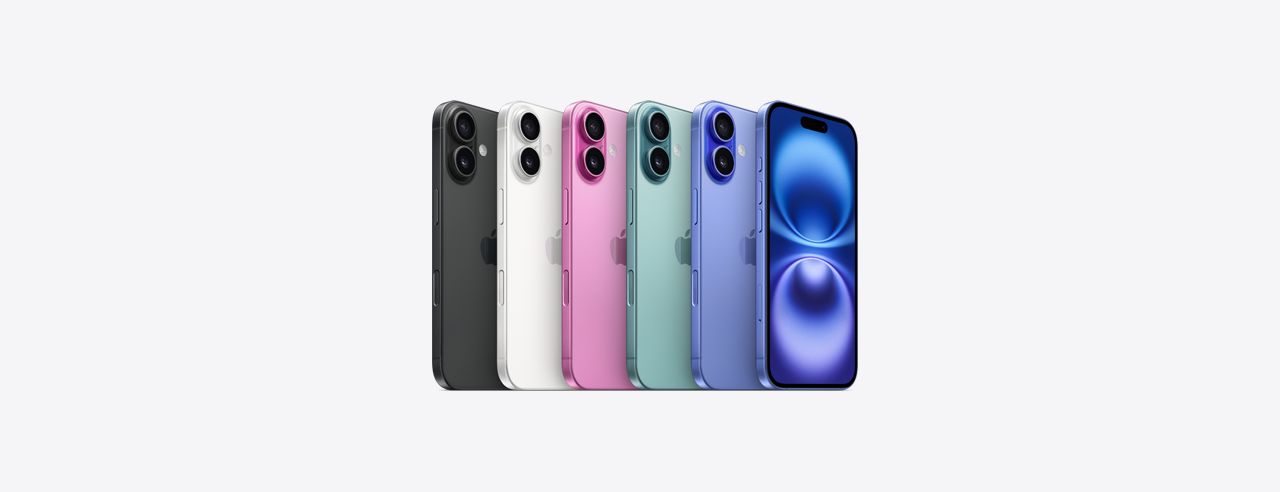Indonesia’s four-month-long ban on iPhone 16 sales may soon come to an end, according to Investment Minister Rosan Roeslani. The minister expressed optimism, stating, “I strongly believe it will resolve very, very soon. Hopefully within one or two weeks, this issue can be resolved.”
The ban was imposed in October 2024, shortly after the iPhone 16’s launch, due to Apple’s failure to meet Indonesia’s requirements for locally sourced components and adequate investment commitments. The country mandates 35-40% local content in products, but exceptions have been made in the past through alternative investments.

The Roadblock: Investment and Local Sourcing
Apple’s previous agreement involved a $110 million commitment to Indonesia, of which only $95 million was delivered. Efforts to resolve the situation included a $10 million supplementary investment offer, followed by a more substantial $100 million proposal. Both offers were deemed insufficient.
In January 2025, Apple proposed building a factory in Indonesia to manufacture AirTags. However, the government dismissed the plan, citing its irrelevance to iPhone production. Despite these challenges, Minister Roeslani hinted that discrepancies in calculating local content requirements could now be reconciled, potentially paving the way for a deal.
Competing in a Shifting Market
While Apple negotiates its position, competitors like Huawei have been expanding their presence in Indonesia. Earlier this month, Huawei announced plans to manufacture smartphones locally, partnering with an Indonesian firm to produce up to 30 models of phones and tablets.
Apple’s efforts to regain its footing in Indonesia come amid broader challenges in balancing global production efficiency with local regulations. Tim Cook previously promised to consider manufacturing in Indonesia, but the commitment remains unfulfilled.
What Lies Ahead?
If negotiations succeed, Apple may resume iPhone 16 sales in Indonesia, a crucial market in Southeast Asia. The outcome of this negotiation could set a precedent for how Apple navigates similar issues in other countries.
For now, all eyes remain on Apple and the Indonesian government as they approach what could be a critical turning point in their relationship.












